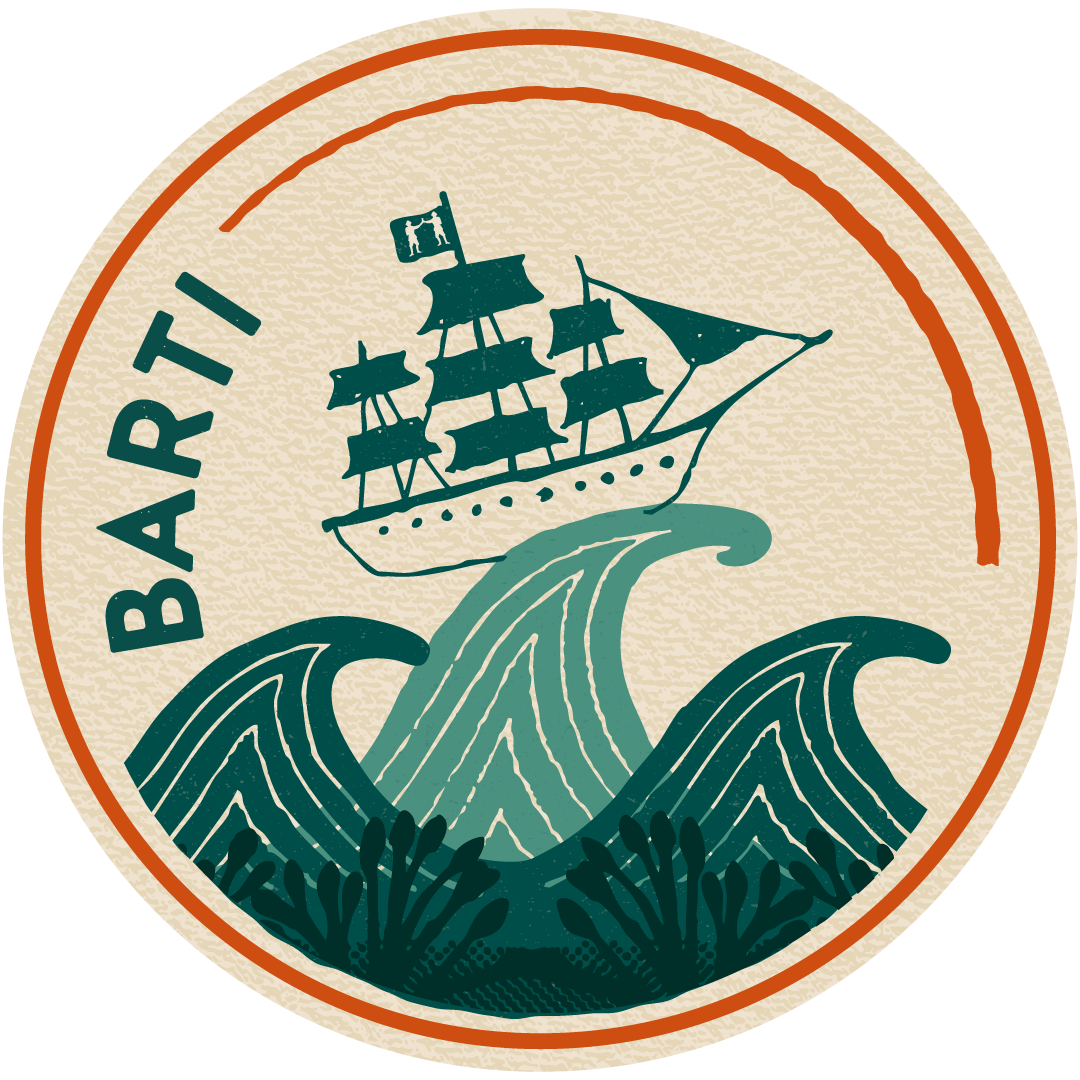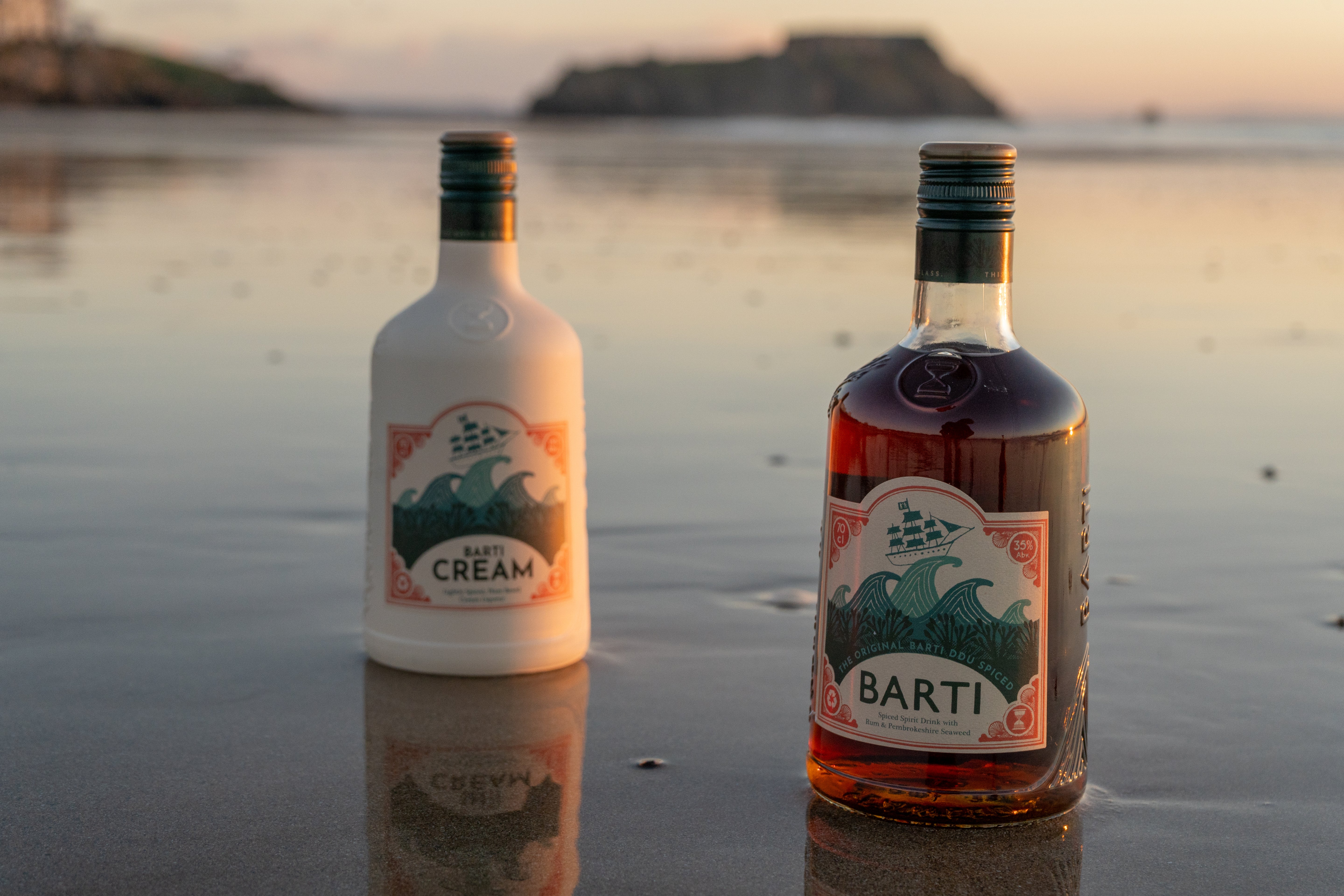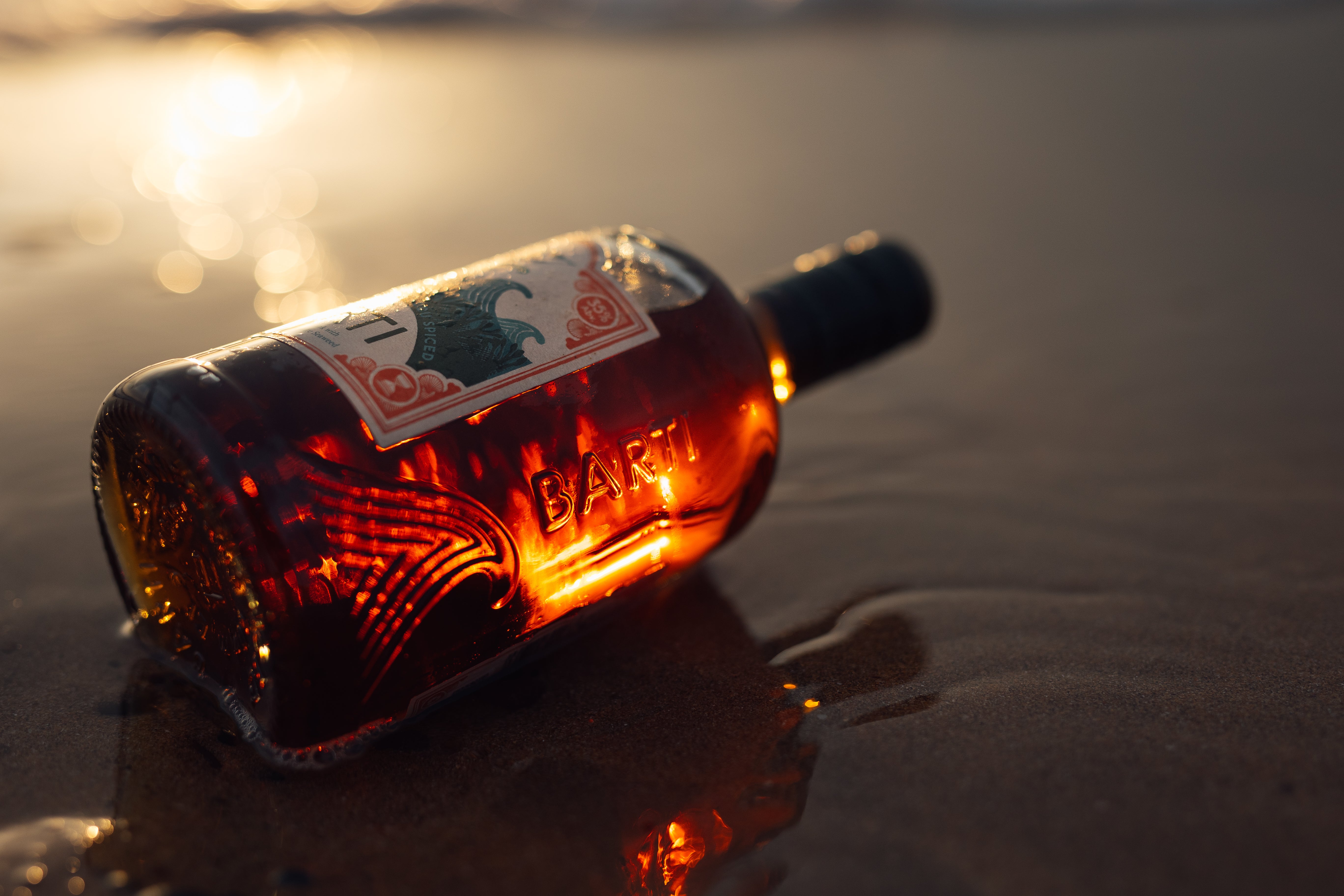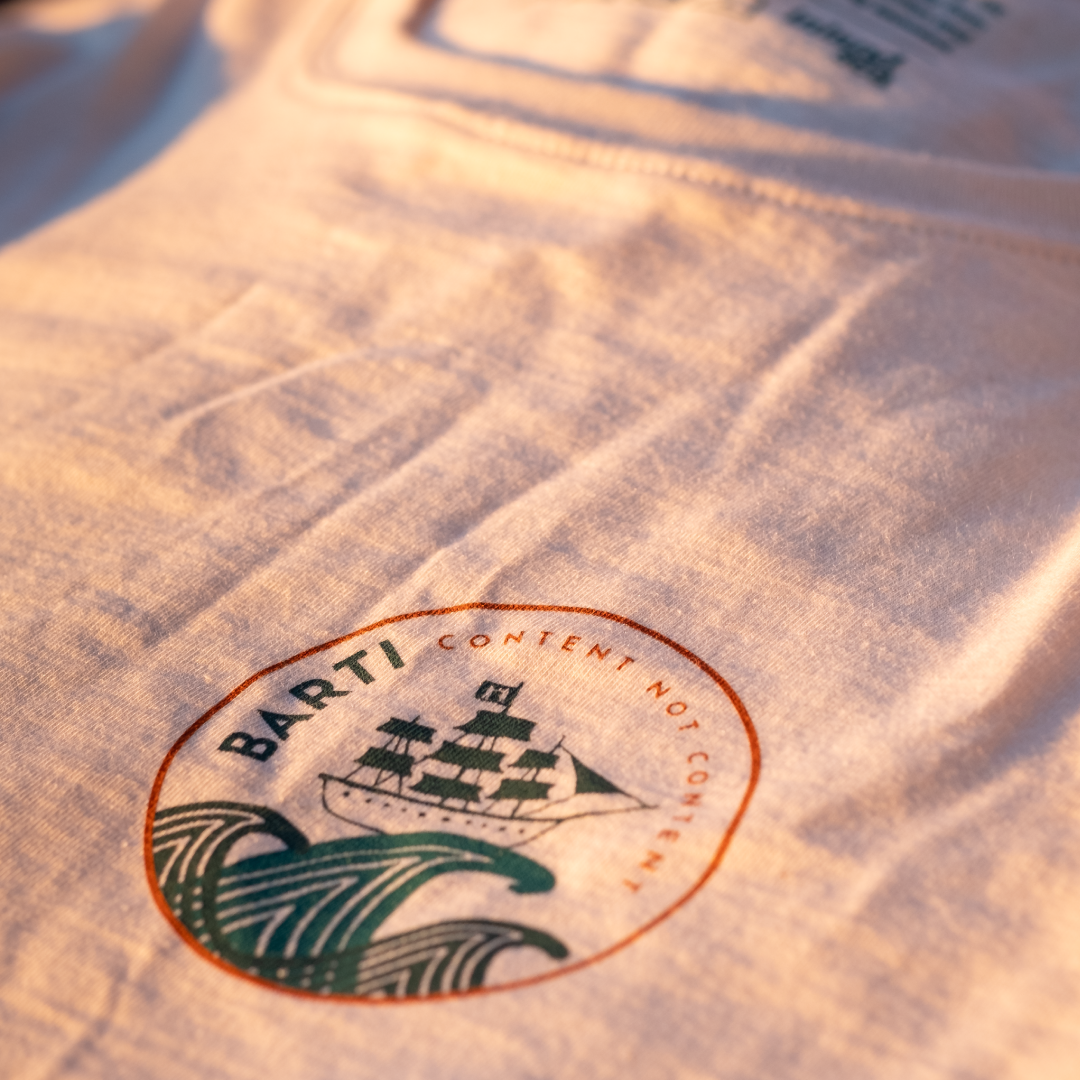In a previous blog we talked about all the stuff we were doing to try and minimise our impact on the world. The environmental impact our business has, has always been important to us, because, well how on earth could it not be? The planet deserves our respect or one day, sooner rather than later, it’s going to quite rightly kick us out!
Below we've added to the list, some positive stuff we've started doing since our first post in 2022.
As we said before, we know our business isn't perfect in terms of sustainability (hence the blog title), and we wouldn't have the audacity to try and convince you otherwise. But keeping on, keeping on, and taking steps to make things as good as they can be as and when technology and funds allow, remains one of our top goals.

This is the most exciting project we've ever worked on. Barti is investing in scientific research to learn the feasibility of using seaweed as a carbon capture tool. The study aims to see if seaweed can lock in the same amount or more carbon than planting trees. If it proves successful, the scalability of this finding would be immense; in the initial instance, we would make Barti a carbon-negative company, but the positive wider implications for the planet are enormous. Read more here.
We are in the middle of applying to become a B Corp certified company. B Corp is a globally acknowledged certification for companies striving to do the best in terms of their community, employees and the environment. We hope to achieve B Corp status in 2024.
We try to work with companies with the most aligned values as our own. Verallia is a glass-making company striving to use the maximum recycled content it can source. Our bottles are currently made at their UK site from 52% recycled glass. In 2024 Verallia are striving for their glass to be made up of 74% recycled glass as a minimum.
We love the fact our labels are now made from a biproduct of cane sugar, much like the rum itself! It was important to us that the labels were fully biodegradable right down to the adhesive, it means we're saying no to microplastic.
Some companies use 'recyclable' labels. It sounds good, but do you know anyone who peels their packaging labels off to recycle them?
An easy one... all of our online orders are sent out using cardboard packaging which can be easily recycled. We even use paper tape.
We know single-use cups aren't ideal. However, at times when there's no other way, we have been sure to use paper cups, which contain a plant-based lining. This means there is no plastic involved, and the cups can be recycled. In the absolute worst case, they will biodegrade eventually, leaving behind no microplastic.
We searched the entire internet looking for a tamper-proof seal which was neat, more efficient than a label, and plastic-free. I can tell you it took some time, but we were absolutely thrilled to discover a company called Viscose Closures in Swansea making just that. The black caps on our barbecue sauce bottles are made from starch and arrive wet. When placed on the neck of the bottle they slowly air dry, after around twelve hours they're hardened and fit tight to the bottle. The fact that they're locally made is the icing on the cake!
Our computers and lights are running on solar power as of March 2023!
We've switched to APC Celtic Couriers in recent months. Although not the whole network, Celtic Couriers deliver to certain areas of South Wales in electric vans as standard. Clean air in densely populated areas is a big tick from us and one of the reasons we've opted to use Celtic Couriers to deliver our rum.
Merch. There have been numerous times where we've tried to source merch and it hasn't felt good. Nine times out of ten in those cases, we just haven't bought it. If we can't do a good job of sourcing organic or recycled materials we just don't.
And finally, probably the simplest thing any drinks company could do. When out and about at events, we use biodegradable sampling cups. They're readily available online and can go in food waste recycling.
Thank you for reading this far. Let's hope the list will grow again next year!









Content not Content
Barti Cream Liqueur wins 7 Awards at the World Drinks Awards.
Share: